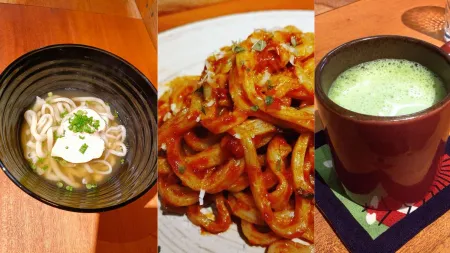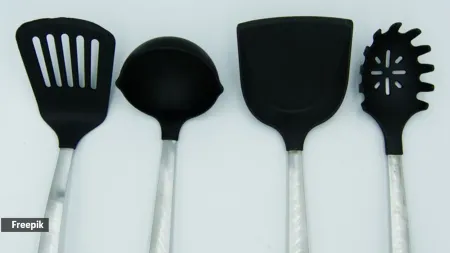What happens to your body when you only eat sendha namak for a week?
The nine-day Hindu festival of Navratri often involves fasting or following a restricted diet. Sendha namak, or rock salt, is an unrefined salt with alkaline properties, and a popular substitute for table salt during this time.
While some believe consuming this namak offers health benefits, it’s important to understand the potential impact on your body.

According to Dr Dilip Gude, senior consultant physician, Yashoda Hospitals, Hyderabad, one should eat less than 1.5 grams of sendha namak per meal. “Moderation is the key when it comes to using rock salt so it must not be used every day.”
Eating it for a week can have both benefits and risks, said Dr Gude. Let’s take a look at both so that you can make an informed decision
What are the potential benefits of eating sendha namak for a week?
Aids digestion: Ayurveda, a traditional Indian medical system, suggests this rock salt may aid digestion due to its alkaline properties. However, scientific evidence to support this claim is limited. Dr Gude, however, did support this theory saying that it is known to improve heartburn, GERD, bloating, digestive issues and constipation.
 A balanced fasting diet is essential (Source: Getty Images/Thinkstock)
A balanced fasting diet is essential (Source: Getty Images/Thinkstock)
Lower sodium intake: Compared to table salt, this salt has a lower sodium content. This can be beneficial for individuals with high blood pressure or those advised to limit sodium intake.
Dr Gude noted that it can improve appetite and cleanse the intestines.
What are the potential concerns of eating sendha namak for a week?
Limited mineral content: While sendha namak contains trace minerals, such as calcium, magnesium, zinc, iron, their quantities are very low and unlikely to meet daily requirements. A balanced diet provides a wider range of essential minerals.
Iodine deficiency: Table salt is fortified with iodine, a crucial mineral for thyroid function. Replacing it solely with sendha namak can lead to iodine deficiency, especially in pregnant women and children.
Electrolyte imbalance: Our bodies rely on a balance of electrolytes, including sodium. Extremely low sodium intake can cause headaches, fatigue, and muscle cramps.
“Upon skin contact, rock salt can cause irritation, burns and rashes,” warned Dr Gude, adding that when inhaled it can cause refractory cough, causing inflammation in mouth, throat, stomach, intestines and lungs.
A balanced approach is key. Focus on consuming a variety of nutritious foods during Navratri, and use sendha namak in moderation. Consulting a doctor can ensure you meet your nutritional needs while following Navratri traditions.
Disclaimer: The copyright of this article belongs to the original author. Reposting this article is solely for the purpose of information dissemination and does not constitute any investment advice. If there is any infringement, please contact us immediately. We will make corrections or deletions as necessary. Thank you.





